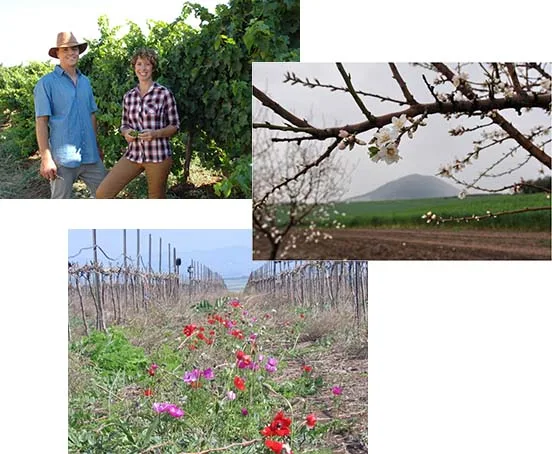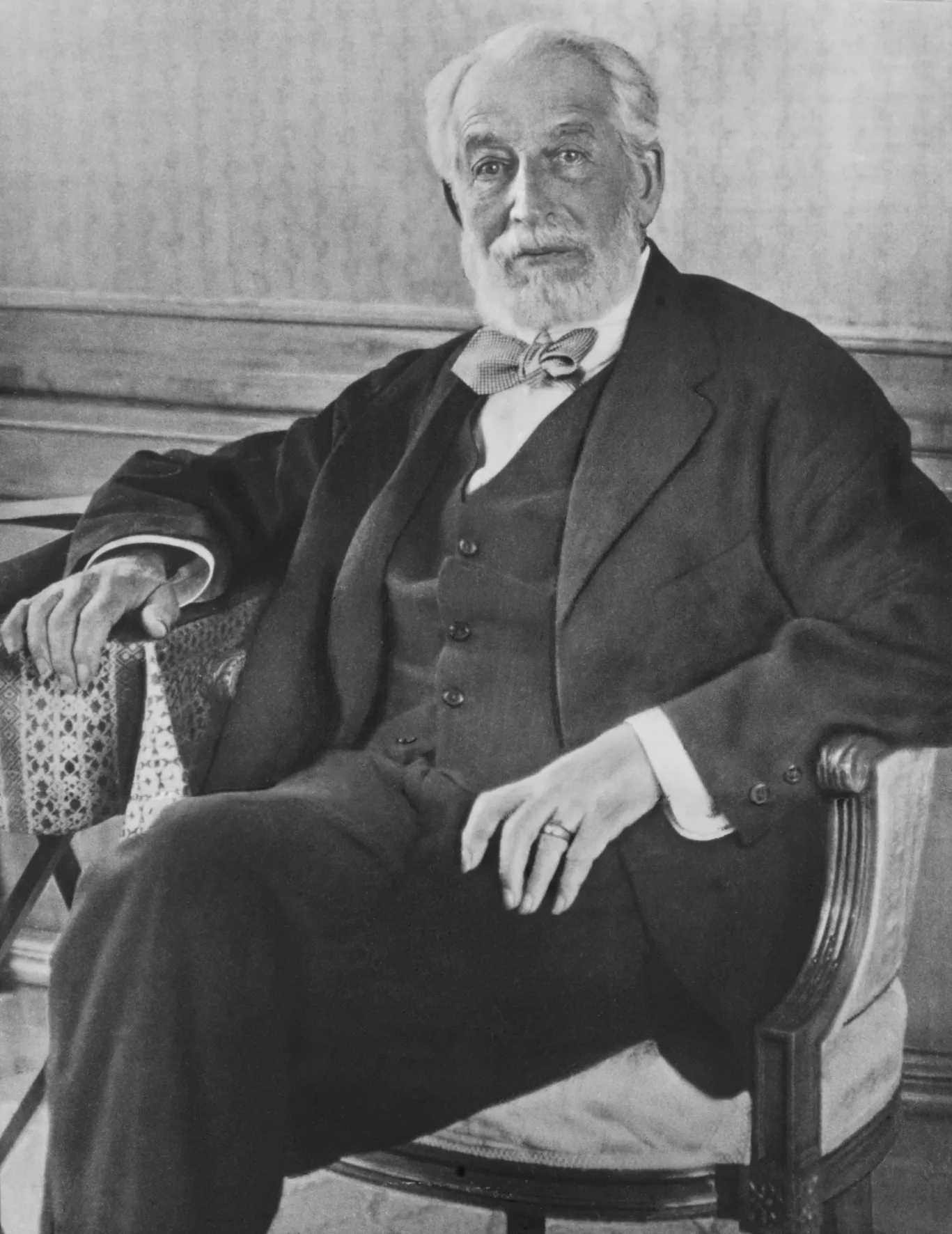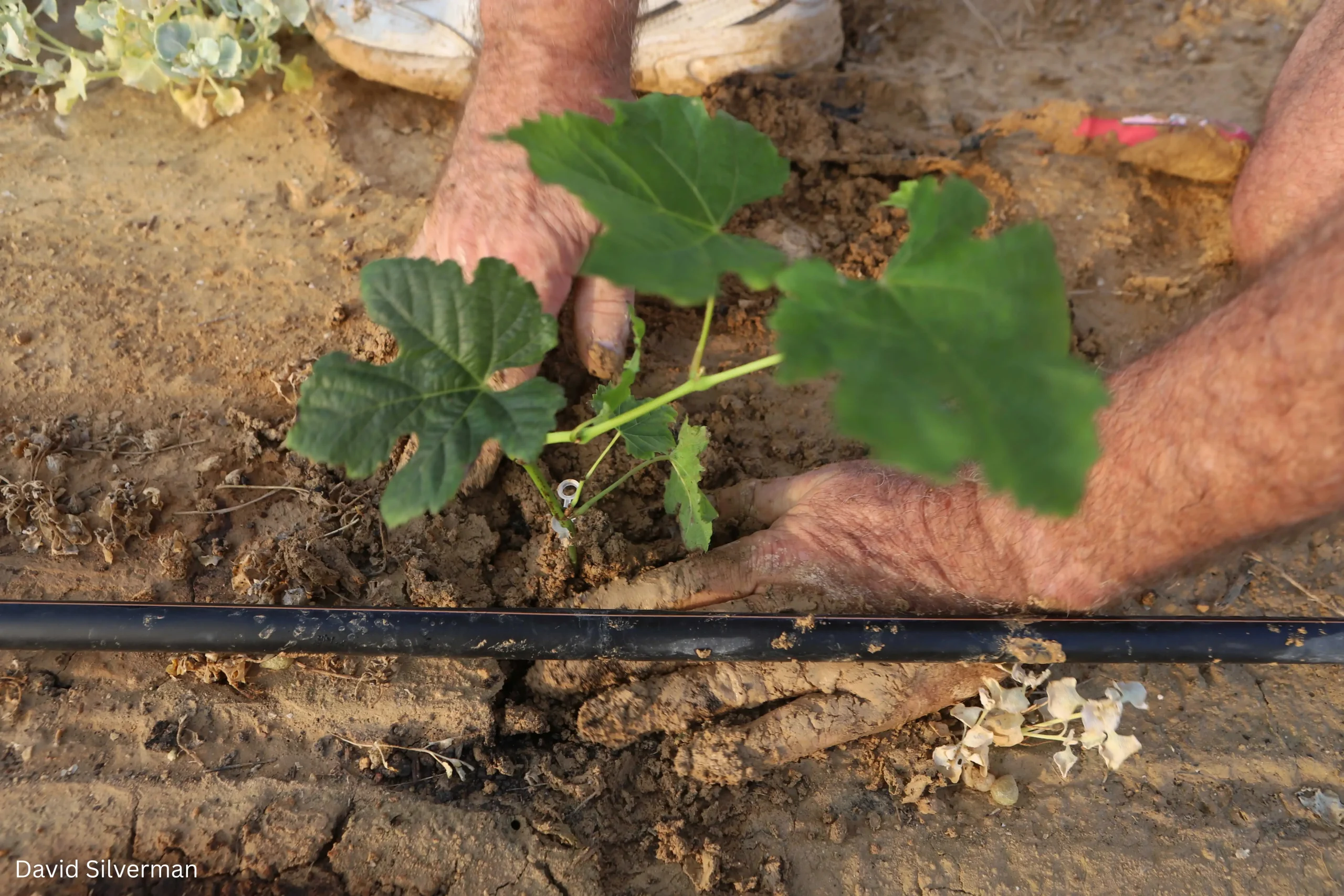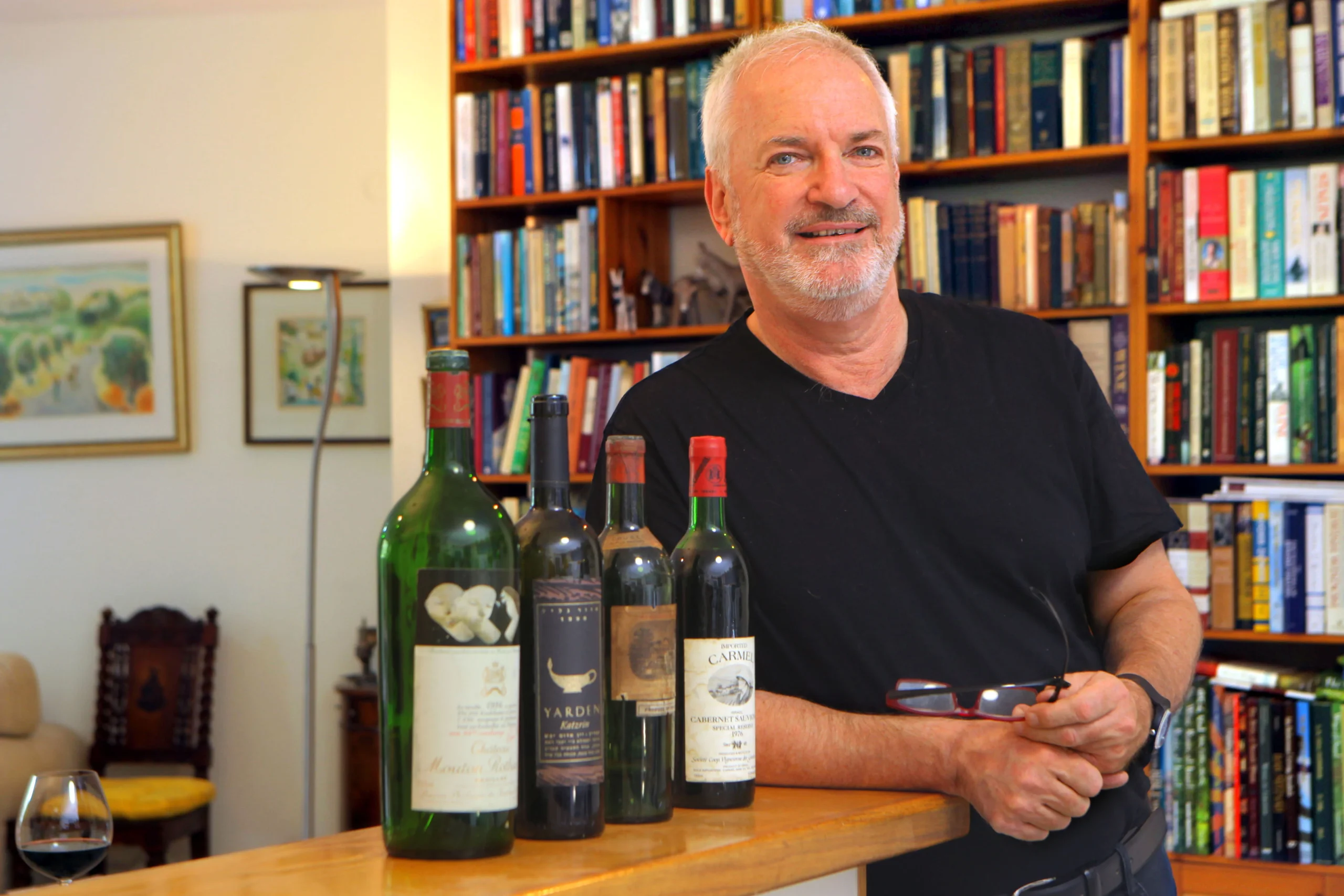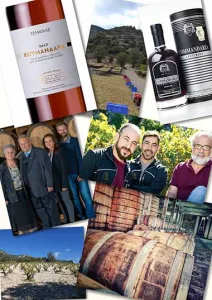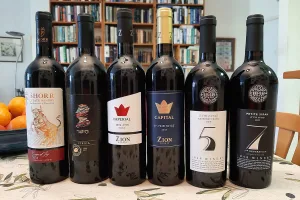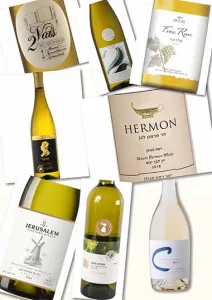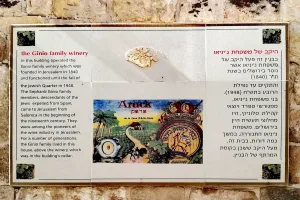In a praiseworthy development, Tabor Winery has created the first ecological vineyard in Israel by fulfilling the guidelines laid down by the Society of the Preservation of Nature, over a three year period. Furthermore, they intend to extent this policy to 90% of their vineyards.
An ecological vineyard is more known as self-sustainable in wine terms overseas. This fits in to a range of environmental friendly standards in the vineyard, which are good for the health of the surroundings, the quality of the vines and also the soul of the practitioners. Sustainability is all about maintaining an ecological balance between nature and the vineyard. Putting the morals back into vineyard growing, if you like.
For those that want harmony with nature, there are a number of buzz words like organic, biodynamic and natural. Firstly there are organically grown vines. In this instance the wine is not organic, but the fruit is grown organically. This is achieved by avoiding synthetic pesticide or additives. An organic wine is made without adding sulfites at the winery.
Biodynamic farming is similar to organic, but takes into account astrological and lunar influences, and is practiced by believers with an almost religious fervor. There is almost a mystical quality to the beliefs. Burying a cow horn filled with dung is one thing they do, but before you pooh pooh it, some of the finest wineries swear by it.
Then there are Natural Wines, a broad church without official definition, which basically means making wine in the laisser faire method without additions or unnecessary interventions in winemaking. Some kosher wines will be suitable for vegans and vegetarians, depending on the fining material used.
There has been organically grown wine (like the Yarden Odem Vineyard Chardonnay) and even an organic wine, Bashan, which was founded as a kosher and organic winery in the 2000’s, but it unfortunately did not last. However in Israel we are behind the curve in production of ethical wines.
Planting a vineyard to produce wine is in itself a peaceful act. In ancient times, it was considered important enough for a soldier to stay home and look after the vineyard rather than go to war. However in terms of nature protection, creating a vineyard is a violent act because of the necessary preparation of the land. It creates a scar of disturbance to the local flora and fauna.
So Tabor Winery decided to attend to this issue in their Ramat Sirin Vineyard. This is a large vineyard site, which is kept immaculately, with its own unique terroir. It is situated in the Lower Galilee on a soil of volcanic tuff and basalt stone, at 400 meters altitude with a view of Mount Tabor, Mount Hermon and the Sea of Galilee.
They allowed a cover crop to grow, planted 400 trees within the boundaries of the vineyard, created nesting areas for birds, and placed piles of stones and boulders to encourage the return of wild life. The flora and fauna that settles will create its own ecosystem and a new order of things in which the natural balance of nature is respected and encouraged. The results were recorded and monitored over a three year period.
Michal Akerman is the person responsible for this initiative. She is tousle haired with a perky smile and large, bright eyes. She is a peculiarly Israeli blend, with grandparents from Syria, Morocco, Poland and Germany and a father from Peru! Her work on a kibbutz gave her a love of the land. She worked with dates, mango, avocado and citrus. After the army, again on kibbutz, she first became responsible for a vineyard, but it was for table grapes. She then travelled to South America and found herself working in vineyards in Chile and Mendoza, just to earn pocket money. Almost without realizing, she slipped into a career as a viticulturist.
Whilst studying at the Faculty of Agriculture in Rehovot, she joined Barkan Winery. After finishing her first degree, she worked in South Africa for a year, before returning to Barkan as Chief Agronomist in 2004. Barkan was then in a campaign to become the largest winery in Israel and by the time she left, they had 8,000 dunams of vineyards, many developed on Akerman’s watch.
In 2009, she was head hunted by Tabor. She was happy to go to a smaller winery where her decisions would have a greater effect. She was also delighted to work for a grower CEO, who understood how important vineyards are to the final quality of the wine.
She is a great one for balancing the old and new in agriculture. She likes to deal with the hand provided by nature with the added assistance of new technology. She keeps her finger on the pulse by receiving all kinds of statistics from weather stations transmitted in real time to her cell phone, but is most at home sniffing the earth by visiting a vineyard. When we met, she just had to visit a vineyard on the way, to touch base, and show the vines she had not forgotten them.
Michal explained to me: “The new practices become a way of life. We can’t control everything and have to be part of nature.” What impressed me most, was her insistence on also tasting the wines with the winemakers, even from different plots. This is certainly someone who believes she grows wine, not grapes.
Under Michal’s management, the vineyard area has grown from 550 to 2,400 dunams. Tabor as a winery is situated in the Lower Galilee, and the majority of its grapes come from the Galilee and Golan, however Akerman has the flexibility to find the best fruit which takes her all over Israel. During her time she has also brought new varieties to the Israeli wine scene like Roussanne and Tannat.
Tabor Winery was founded in 1999 by four grape growing families of Kfar Tabor. The winery is today managed by Oren Sela, the younger generation of one of them. The winery is owned by the Central Bottling Co., the country’s premier beverage company responsible for producing or representing mega global brands such as Coca Cola, Carlsberg and Johnnie Walker. The wines are distributed by IBBLS, the importers & distributors of Diageo, the world’s largest spirits company.
However for all that hype and the association with big brands, the winery is managed by one of the founder growers, with the attention to detail in the vineyards of a small boutique winery. The winemaker is the same as when the winery started on its way. It has grown for sure. It is now the fifth largest winery in Israel producing two million bottles a year.
What is interesting is that the success of the winery is not just in the good value stakes, where you would expect Tabor to shine, but also the highest quality arena, where their wines compete with Israel’s finest. Their success across the range is very impressive.
In the recent past, the Har ‘Mount Tabor’ Chardonnay was selected in the Top 100 Best Value Wines of the Year by the Wine Enthusiast, one of the important wine magazines in America. It is extremely rare for an Israeli wine to be on this list
The Adama Merlot scored 93 points in the Wine Enthusiast, then the highest score ever, for any Israeli wine given by this magazine. The Adama Roussanne was recommended by Oz Clarke’s Wine A to Z and the Sufa, a red wine blend, was recommended in Hugh Johnson’s Pocket Wine Book.
The prestige Limited Edition received the top score of any Israeli wine in the Wine Spectator last year, and Tabor Winery was the only Israeli winery invited to the New York Wine Experience, the world’s most prestigious gathering of the finest wineries in the world.
And that is abroad where tastings are blind, and labels don’t carry the baggage they do here. In Israel, Tabor has also excelled. It was the leading winery with no less than five gold medal trophies in the Best Value Competition 2016, for wines up to 79 shekels. Even more impressive, it was also the leading Israeli winery in the Eshkol Hazahav 2016 competition, the Israeli wine Oscars, with four gold medal trophies. The Adama Sauvignon Blanc is a banker, seeming to wine gold in both competitions year after year.
I always think that kosher as a concept would be easier explained to the non-Jewish, general market, if accompanied by self-sustainable vineyards. The two really seem to go together. So I applaud this pioneering initiative by Tabor Winery, and hope their lead is followed by other wineries.
Regardless of sustainable practices in the vineyards, it is also a winery with proven and sustainable quality at every price point. It seems that those that care about vineyards and the environment, also make wines with good karma. What goes around, comes around.


